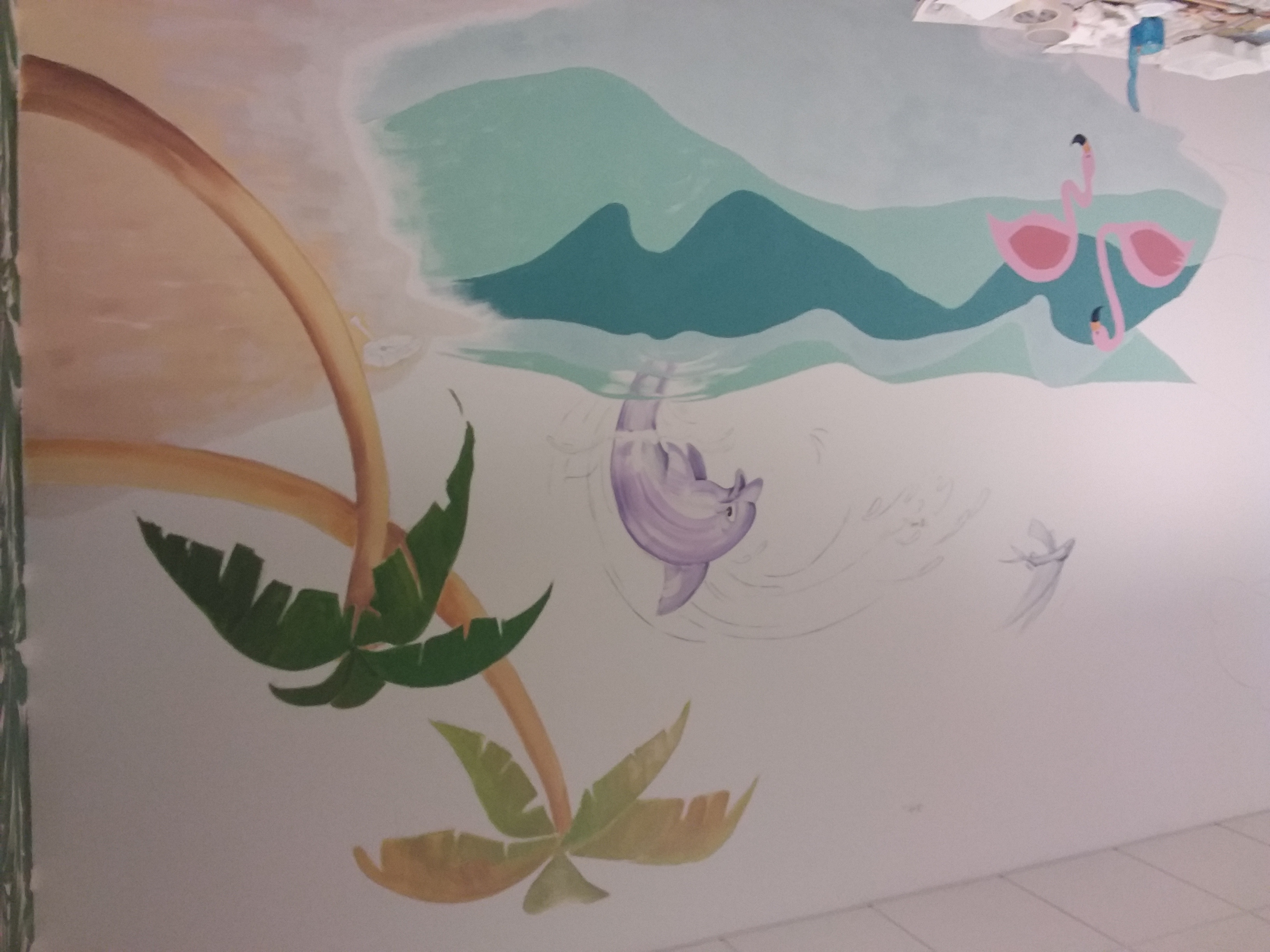The Benefits of Bilingual Education in Early Childhood
- British Inspirational Children's Centre

- May 4, 2024
- 2 min read
At British Inspirational Children’s Centre, we consider bilingual education more than just learning another language.
It's about laying a foundation for cognitive, social, and academic success. This educational approach, where children play and learn English, has proven to offer remarkable benefits, particularly when combined with effective teaching methodologies like Jolly Phonics and fostered in a loving and caring environment.
Cognitive Benefits of Bilingual Education
Bilingual education significantly improves cognitive development. Studies have shown that children exposed to multiple languages from an early age tend to have better problem-solving skills, enhanced creativity, and superior critical thinking abilities.
A landmark study by the University of Chicago indicated that bilingual children tend to have a heightened ability to focus on relevant information and ignore distractions, which is a crucial executive function known as selective attention.
Learning a second language in the early years of childhood is also a powerful way to strengthen speech and language, enriching vocabulary and stimulating curiosity and the ability to communicate effectively.
Jolly Phonics: A Gateway to Enhanced Language Learning
Integrating Jolly Phonics teaching techniques into bilingual education amplifies its benefits.
This engaging, child-centred approach to teaching literacy through synthetic phonics encourages children to recognize and pronounce sounds in an enjoyable and multi-sensory manner.
By employing actions, songs, and stories, Jolly Phonics makes the process of learning to read and write fun and effective, which is particularly beneficial in a bilingual setting.
Children learn to associate sounds with letters across different languages, enhancing their phonetic awareness and boosting their reading and spelling skills in both languages.

The Role of a Nurturing Environment
The environment in which children learn languages is just as crucial as the instructional methods used. A nurturing atmosphere, where children feel safe and supported to experiment and make mistakes, is fundamental for effective learning.
This approach helps instil confidence in young learners, encouraging them to take risks and engage more deeply with the learning material. Feeling confident in speaking is a crucial skill that helps in learning a language– since the child feels more confident and willing to engage in conversations.
Educational psychologists often emphasize that a loving environment reduces anxiety around learning new languages, which can significantly accelerate a child's progress and enthusiasm for learning.
Conclusion
The benefits of bilingual education in early childhood are profound and far-reaching, influencing cognitive development, academic success, and even emotional well-being.
By employing methods like Jolly Phonics within a caring educational framework, we can maximize these benefits, helping children not only to become fluent but also to develop a lifelong love of learning.
For parents and educators, embracing bilingual education is an investment in the children's future, equipping them with the tools needed to thrive in an increasingly globalized world.
At BIC we’re committed to ensuring the best educational experience for children by creating a safe environment.


Comments